
Introduction
Curry is a popular dish that is loved by many people all over the world. It is a spicy and flavorful dish that is made from a combination of spices, vegetables, and meat. However, many people wonder whether eating curry makes them poop more than usual. In this article, we will explore the relationship between curry and poop.
What Causes Poop?

Poop is the waste material that is produced by our digestive system. When we eat food, it is broken down into nutrients and waste products. The nutrients are absorbed into our bloodstream, and the waste products are eliminated from our body in the form of poop. The consistency, color, and frequency of poop can vary depending on various factors such as diet, hydration, and health conditions.
What is Curry?
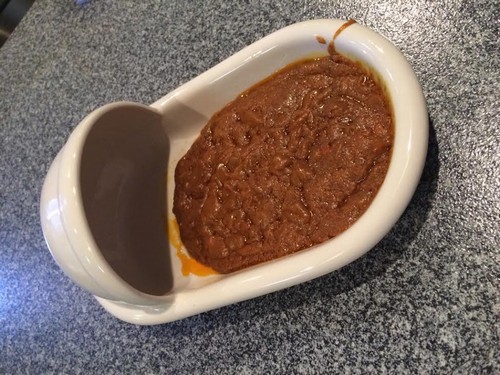
Curry is a dish that originated in India and is now popular all over the world. It is made from a combination of spices such as cumin, coriander, turmeric, and chili powder. The spices are mixed with vegetables, meat, or fish to create a flavorful and spicy dish. Curry can be served with rice, bread, or noodles.
Does Curry Make You Poop?
Curry contains a variety of spices that can stimulate the digestive system. Spices such as chili powder and cumin can increase the production of gastric juices, which can lead to the faster breakdown of food. This can result in more frequent bowel movements and looser stools.
However, the effect of curry on poop can vary from person to person. Some people may experience more frequent bowel movements after eating curry, while others may not notice any difference. It is important to note that poop frequency and consistency can also be affected by other factors such as hydration and stress levels.
Other Factors That Can Affect Poop

As mentioned earlier, poop frequency and consistency can be affected by various factors. One of the main factors is hydration. Drinking enough water can help keep the digestive system functioning properly and prevent constipation. On the other hand, not drinking enough water can lead to harder and less frequent stools.
Stress is another factor that can affect poop. When we are stressed, our body releases hormones that can affect the digestive system. Stress can cause constipation or diarrhea, depending on the individual.
How to Make Curry Less Likely to Cause Poop

If you love curry but want to avoid the potential poop effects, there are some things you can do to make it less likely to cause poop. One way is to use less spicy ingredients. Spices such as chili powder and cumin can stimulate the digestive system, so using less of them can reduce the chances of experiencing poop effects.
Another way is to pair curry with foods that can slow down digestion. Foods such as rice, bread, and noodles can help slow down the digestive process and prevent loose stools.
Conclusion
Curry is a delicious dish that can be enjoyed by many people. While it may cause more frequent bowel movements and looser stools in some people, the effect can vary from person to person. Factors such as hydration and stress can also affect poop frequency and consistency. By making some simple changes to the way you prepare and eat curry, you can reduce the chances of experiencing poop effects.
Related video of Does Curry Make You Poop?

Cracking knuckles is a common habit that many people have. It can be satisfying to hear the popping sound as you stretch your fingers. However, some people believe that cracking knuckles can lead to arthritis. Is there any truth to this claim? Let's take a closer look.
What Happens When You Crack Your Knuckles?
When you crack your knuckles, you are essentially creating a vacuum in the joint. This causes gas bubbles to form in the synovial fluid that surrounds your joints. When the bubbles burst, you hear the popping sound.
Is There Any Link Between Knuckle Cracking and Arthritis?

There is no scientific evidence to suggest that cracking your knuckles causes arthritis. In fact, several studies have been conducted on the subject, and none of them have found a link between the two.
So, Should You Stop Cracking Your Knuckles?
While cracking your knuckles may not cause arthritis, it can still be harmful. The repeated stretching of the ligaments in your fingers can lead to a loss of grip strength over time. Additionally, if you crack your knuckles excessively, you may irritate the joint and cause swelling.
Conclusion
In conclusion, cracking your knuckles does not cause arthritis. However, it can still be harmful to your joints in other ways. If you find yourself frequently cracking your knuckles, it may be worth trying to break the habit.
Related video ofDoes Cracking Knuckles Cause Arthritis?

Dasani is a popular brand of bottled water that is sold in various countries around the world. The brand is owned by The Coca-Cola Company, which is one of the largest beverage companies in the world. Despite this fact, many people still wonder whether Coca Cola owns Dasani or not. In this article, we will take a closer look at the relationship between Coca Cola and Dasani.
The History of Dasani
The Dasani brand was first introduced by Coca Cola in the year 1999. The company launched the brand as a response to the growing demand for bottled water in the United States. At the time, Coca Cola was already a well-established brand that was known for its soft drinks. However, the company saw an opportunity to expand its reach by introducing a brand of bottled water.
Dasani quickly became popular among consumers due to its high quality and great taste. The brand was also marketed as a healthier alternative to other sugary drinks that were being sold by Coca Cola. As a result, Dasani quickly became one of the top-selling bottled water brands in the United States.
The Relationship Between Coca Cola and Dasani

As mentioned earlier, Dasani is owned by Coca Cola. This means that the company has full control over the branding, marketing, and distribution of the brand. Coca Cola has invested heavily in the growth of the Dasani brand, which has helped to make it one of the most popular bottled water brands in the world.
Despite this fact, Coca Cola and Dasani are still separate entities. Coca Cola operates as a parent company that owns several subsidiary brands, including Dasani. This means that Dasani operates independently of Coca Cola, and has its own team of executives and employees that manage the brand.
The Controversy Surrounding Dasani

While Dasani is a popular brand of bottled water, it has also been the subject of controversy over the years. One of the most significant controversies surrounding the brand was in the year 2004, when it was discovered that the water was sourced from a public water supply in the United Kingdom. This led to criticism from consumers, who felt that they were being misled by the brand's marketing claims.
Another controversy surrounding the brand was in the year 2013, when it was discovered that the water contained high levels of bromate. Bromate is a chemical that is known to cause cancer in humans, and its presence in Dasani raised serious concerns among consumers.
The Future of Dasani
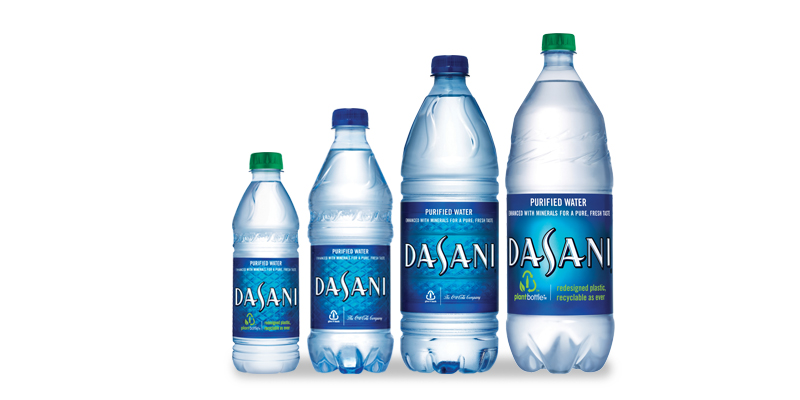
Despite the controversies surrounding the brand, Dasani remains one of the most popular bottled water brands in the world. Coca Cola has continued to invest in the growth of the brand, and has introduced new flavors and packaging options to appeal to a wider range of consumers.
As the demand for bottled water continues to grow around the world, it is likely that Dasani will continue to be a major player in the industry. However, the brand will need to address the criticisms and controversies that have been raised in the past if it wants to maintain its position as a top-selling bottled water brand.
Conclusion
So, does Coca Cola own Dasani? The answer is yes! Coca Cola is the parent company that owns the Dasani brand. While Dasani operates independently of Coca Cola, the company has invested heavily in the growth of the brand over the years.
Despite the controversies that have surrounded the brand, Dasani remains one of the most popular bottled water brands in the world. With continued investment and innovation, it is likely that the brand will continue to thrive in the years to come.
Related video of Does Coca Cola Own Dasani?

The Mystery of Farting
Farting is something that everyone does, yet no one likes to talk about. But let's face it, flatulence is a natural bodily function that happens to all of us. And while it may be embarrassing or uncomfortable, farting is completely normal.Cheese and Farting
One of the most common questions people ask is whether or not cheese causes farting. And the answer is yes, it can. Cheese is known to be a high-fat food, and high-fat foods can cause gas and bloating. This is because fat takes longer to digest than other nutrients, which means it stays in your system longer and can cause more gas.The Science of Gas
Gas is produced in your intestines when bacteria break down the food you eat. This gas can either be absorbed into your bloodstream and released through your lungs (as a burp), or it can be released through your anus (as a fart). The amount of gas produced depends on the type of food you eat, how much you eat, and how quickly it moves through your digestive system.Types of Cheese
There are many different types of cheese, and some are more likely to cause farting than others. For example, soft cheeses like brie and camembert are higher in fat and can cause more gas than hard cheeses like cheddar or parmesan. Additionally, aged cheeses like blue cheese and gouda contain more lactose (a type of sugar found in milk) than younger cheeses and can also cause more gas.
Other Foods That Cause Farting
Cheese is not the only food that can cause gas and bloating. Other high-fat foods like fried foods and fatty meats can also be culprits. Additionally, foods that are high in fiber, like beans and cruciferous vegetables (like broccoli and cauliflower), can cause gas because they are harder to digest.How to Reduce Farting
If you're concerned about farting, there are some things you can do to reduce it. First, try to avoid foods that are known to cause gas, like high-fat foods and fiber-rich foods. Additionally, make sure you're drinking enough water and getting enough exercise, as dehydration and a sedentary lifestyle can also contribute to farting.
When to See a Doctor
While farting is usually nothing to worry about, excessive farting or a change in your farting habits could be a sign of a more serious health condition. If you're experiencing other symptoms like abdominal pain, bloating, or diarrhea, it's important to see a doctor to rule out any underlying health issues.The Bottom Line
So, does cheese make you fart? The answer is yes, but it's not the only food that can cause gas and bloating. If you're concerned about farting or experiencing other symptoms, talk to your doctor to rule out any underlying health issues. And remember, while farting may be embarrassing, it's completely normal and nothing to be ashamed of.Related video of Does Cheese Make You Fart?

Bob Ross, the iconic painter known for his soothing voice and happy little trees, is famous for his oil paintings. He has been teaching people how to create beautiful landscapes on canvas for decades, but many people wonder if he uses oil paint or if he uses another type of paint.
What is Oil Paint?

Oil paint is a type of paint that is made from a mixture of pigments and oil. The oil used in oil paint is usually linseed oil, although other oils such as walnut oil or poppyseed oil can also be used. Oil paint is known for its rich, vibrant colors and its ability to blend and layer well, making it a popular choice among artists.
Bob Ross and Oil Paint

Bob Ross is known for his use of oil paint in his paintings. In fact, he used oil paint exclusively throughout his career as a painter. Ross used a wet-on-wet technique, which involves applying wet paint on top of wet paint, to create the soft, blended look that his paintings are famous for.
Why Does Bob Ross Use Oil Paint?

Bob Ross used oil paint because of its ability to blend and layer well. He also liked the way that oil paint allowed him to create depth and texture in his paintings. Additionally, oil paint dries slowly, which gave Ross more time to work on his paintings and make adjustments as he went along.
Other Types of Paint

While oil paint is the most commonly used type of paint among professional artists, there are other types of paint available. Watercolor paint, for example, is a popular choice among artists who want to create light, airy paintings with a watery effect. Acrylic paint is also a popular choice among artists because it dries quickly and can be used on a variety of surfaces.
Conclusion

Bob Ross uses oil paint exclusively in his paintings. He likes the way that oil paint allows him to blend and layer colors to create depth and texture in his paintings. While there are other types of paint available, oil paint is the most commonly used type of paint among professional artists.
Related video of Does Bob Ross Use Oil Paint?

Betty White is an American actress and comedian who has been in the entertainment industry for over 80 years. She has appeared in several TV shows and movies, winning numerous awards for her outstanding performances. Betty White is considered one of the most beloved actresses in Hollywood, and many of her fans are curious to know if she has any grandchildren. In this article, we will explore this question and provide you with all the information you need to know about Betty White's family.
Who is Betty White?

Betty White was born on January 17, 1922, in Oak Park, Illinois. She started her career in the 1930s, working on various radio programs. She later transitioned to television, where she appeared in several hit shows, including "The Mary Tyler Moore Show" and "The Golden Girls." Betty White has won numerous awards throughout her career, including seven Emmy Awards and a Grammy Award. She is also known for her animal activism and has been a longtime supporter of the Los Angeles Zoo.
Betty White's Marriages
Betty White has been married three times throughout her life. Her first marriage was to Dick Barker, a U.S. Army Air Corps pilot, in 1945. The couple divorced a year later. She then married Hollywood agent Lane Allen in 1947, but they divorced in 1949. In 1963, Betty White married television host Allen Ludden, and they remained married until Ludden's death in 1981. Betty White has not remarried since Ludden's death.
Betty White's Stepchildren

Although Betty White does not have any biological children, she has become a stepmother to Allen Ludden's three children from his previous marriage. Betty White has stated in interviews that she has a close relationship with her stepchildren and considers them to be her own. She has also mentioned that being a stepmother has been one of the most rewarding experiences of her life.
Does Betty White Have Grandchildren?

As Betty White does not have any biological children, she does not have any biological grandchildren. However, she has mentioned in interviews that she considers her step-grandchildren to be her own and loves spending time with them. Betty White has also been a great aunt to her nieces and nephews and has been actively involved in their lives.
Betty White's Legacy

Betty White has had an incredible career in the entertainment industry and has become an icon in American pop culture. She has inspired generations of actors and comedians and has made a significant impact on the industry. Betty White's legacy will continue to live on for years to come, and her fans will always remember her for her wit, charm, and infectious personality.
Conclusion
In conclusion, Betty White does not have any biological grandchildren, but she has become a step-grandmother to Allen Ludden's children from his previous marriage. Betty White has mentioned in interviews that she considers her step-grandchildren to be her own and loves spending time with them. Although Betty White does not have any biological children, she has become a beloved figure in American pop culture and has inspired generations of actors and comedians. Her legacy will continue to live on for years to come.
Related video of Does Betty White Have Grandchildren?
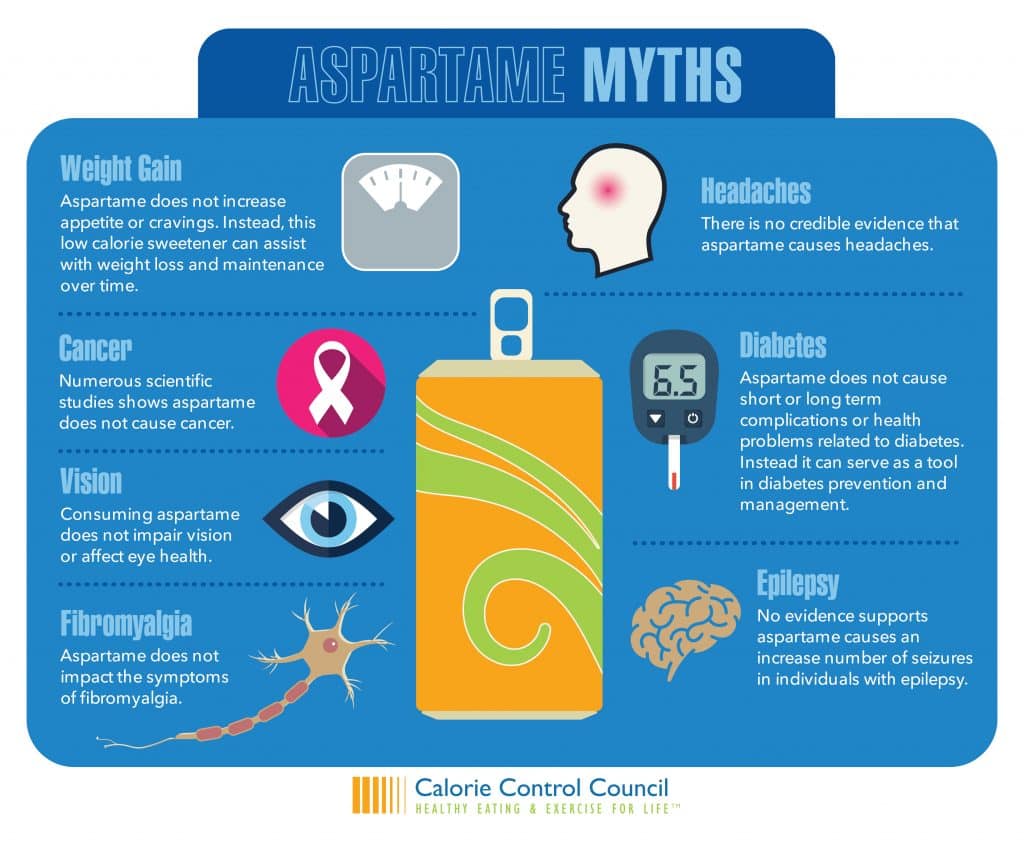
Aspartame is a commonly used artificial sweetener, which is found in many foods and drinks. Many people have raised concerns about the safety of aspartame and its potential link to cancer. In this article, we will explore the research on aspartame and cancer, as well as the safety regulations surrounding its use.
What is Aspartame?

Aspartame is an artificial sweetener that is used as a sugar substitute in many foods and drinks. It is made up of two amino acids, aspartic acid and phenylalanine, which are found naturally in many foods. Aspartame is commonly used in diet sodas, sugar-free gum, and other low-calorie foods and drinks.
Is Aspartame Safe?
Aspartame has been approved for use by the United States Food and Drug Administration (FDA) and other regulatory agencies around the world. The FDA has set an acceptable daily intake (ADI) for aspartame at 50 milligrams per kilogram of body weight. This means that a 150-pound person could safely consume 22 packets of aspartame per day without any adverse effects.
However, some people may be sensitive to aspartame and experience side effects such as headaches, dizziness, and digestive problems. It is important to note that these side effects are not linked to cancer.
Research on Aspartame and Cancer

There have been numerous studies conducted on the safety of aspartame and its potential link to cancer. The majority of these studies have found no evidence of a link between aspartame and cancer.
A review of over 500 studies on aspartame and its safety concluded that there is no evidence to suggest that aspartame causes cancer or other health problems. The review was conducted by the European Food Safety Authority (EFSA) and published in the scientific journal, Food and Chemical Toxicology.
Another study conducted by the National Cancer Institute found no link between aspartame consumption and an increased risk of cancer. The study followed over 500,000 people for 10 years and found no association between aspartame consumption and an increased risk of cancer.
Conclusion
In conclusion, the research suggests that aspartame is safe for consumption and there is no evidence to suggest that it causes cancer. However, some people may be sensitive to aspartame and experience side effects. It is important to follow the recommended daily intake and to speak with a healthcare provider if you have any concerns about aspartame or other artificial sweeteners.
Related video of Does Aspartame Give You Cancer?

Antarctica, the southernmost continent on Earth, is the fifth largest continent in terms of land area. It is also the coldest, driest and windiest continent, with an average temperature of -58°F (-50°C). Despite being the largest desert in the world, Antarctica is home to a diverse range of flora and fauna. But does it have a capital city?
No Capital City in Antarctica

Antarctica is not a country, but rather a continent governed by the Antarctic Treaty System. The treaty, signed in 1959, established Antarctica as a scientific preserve and banned military activity on the continent. The treaty has been signed by 54 countries, including the United States, Russia, and China.
As a result of the Antarctic Treaty, there is no capital city in Antarctica. The continent is not divided into countries or territories, and there are no permanent residents. The only people who live in Antarctica are scientists and support staff who work at research stations during the summer season.
Research Stations in Antarctica
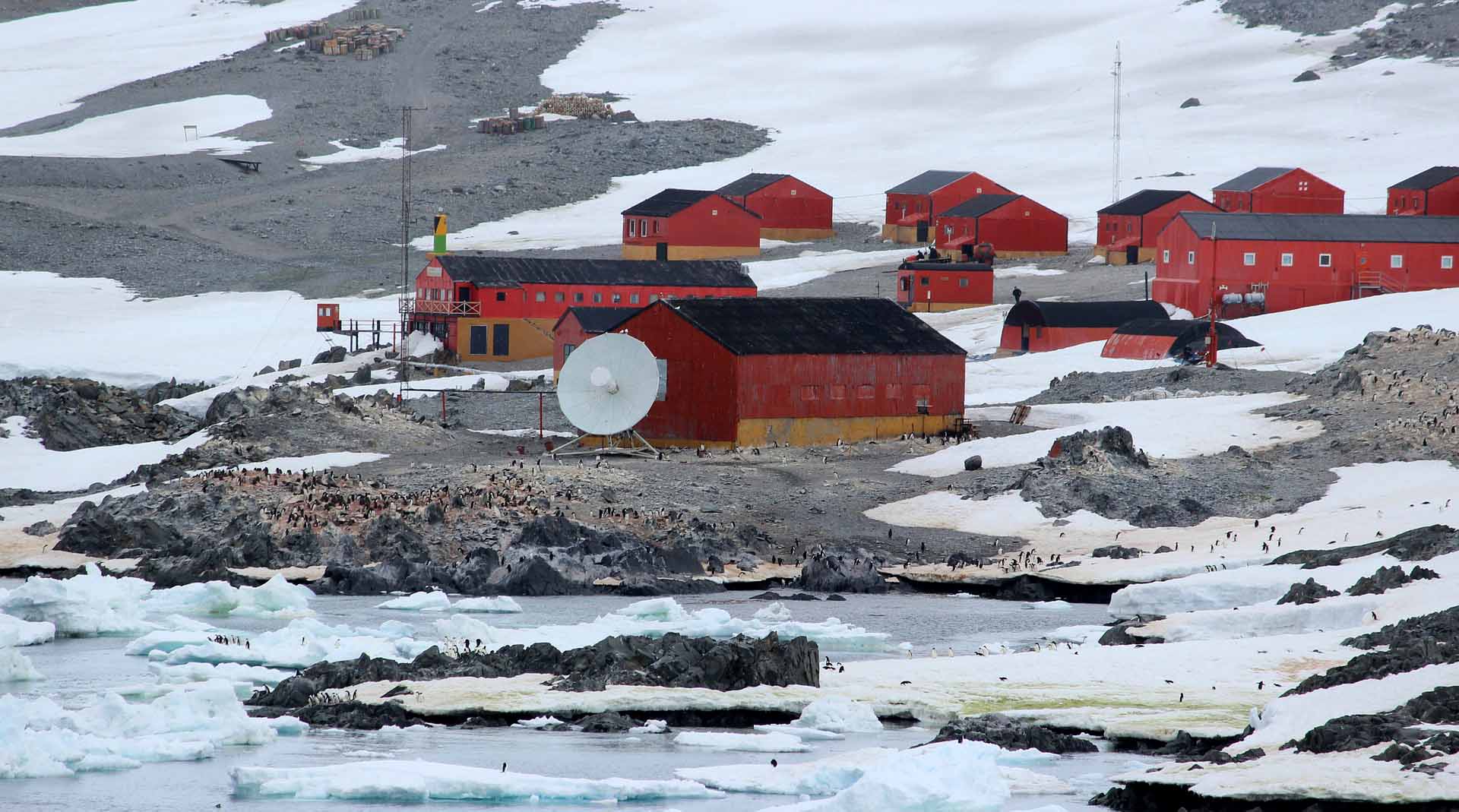
There are numerous research stations in Antarctica, operated by various countries for scientific research purposes. The research stations are typically located on the coast and are accessible by ship or plane. The stations are equipped with living quarters, labs, and other facilities necessary for conducting research.
Some of the largest research stations in Antarctica include McMurdo Station, operated by the United States; Vostok Station, operated by Russia; and Concordia Station, operated jointly by France and Italy. These stations are staffed year-round and are equipped with all the necessary amenities for living in the harsh Antarctic environment.
International Cooperation in Antarctica

Despite the lack of a capital city, Antarctica is governed by the Antarctic Treaty System, which promotes international cooperation in scientific research and environmental protection. Under the treaty, all countries that have signed it have equal access to the continent and its resources for scientific research purposes.
The treaty also establishes guidelines for environmental protection and sustainable resource management. These guidelines include banning fishing in the waters surrounding Antarctica and limiting the amount of waste that can be generated at research stations.
Conclusion

In conclusion, Antarctica does not have a capital city. The continent is governed by the Antarctic Treaty System, which promotes international cooperation in scientific research and environmental protection. While there are numerous research stations in Antarctica, none of them serve as a capital city. Antarctica remains a unique and pristine continent, protected by international cooperation and environmental regulations.
Related video of Does Antarctica Have A Capital City?
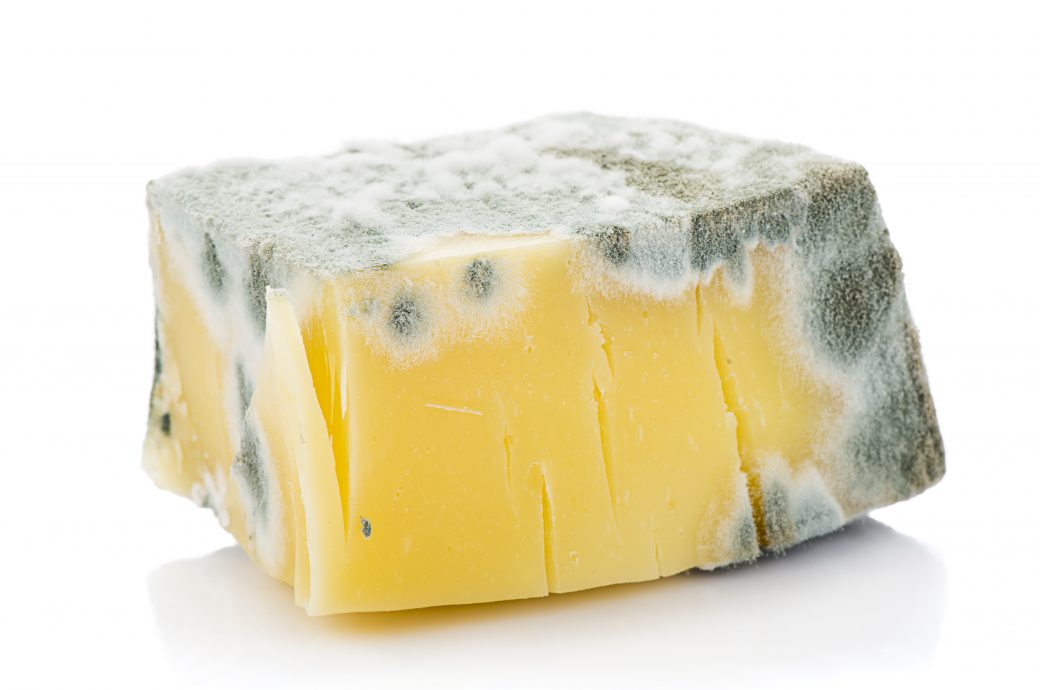
Cheese and Mold Connection
Cheese is a dairy product that is loved by many people. It is a versatile ingredient that can be used in many dishes, and it comes in a variety of flavors and textures. However, when you think of cheese, one of the things that might come to your mind is mold. Is it true that all cheese has mold?
Well, the short answer is no. Not all cheese has mold. But, there's more to it than just that. In this article, we'll explore the connection between cheese and mold, and answer some common questions people have about this topic.
What is Mold?

Mold is a type of fungus that grows in moist environments. It can be found in many places, including on food. While some types of mold are harmless, others can be toxic and cause health problems if ingested.
Cheese is one of the foods that can be affected by mold. In fact, some types of cheese are intentionally made with mold, such as blue cheese and Roquefort cheese. These types of cheese have blue or green veins running through them, which are actually mold spores.
Types of Cheese with Mold
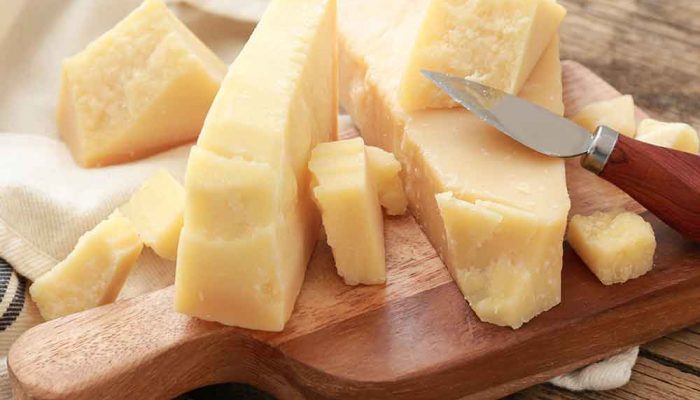
As mentioned earlier, there are some types of cheese that are intentionally made with mold. Here are some of the most popular ones:
- Blue cheese
- Roquefort cheese
- Gorgonzola cheese
- Stilton cheese
These types of cheese have a distinct flavor and texture, thanks to the mold. They are often used in salads, sandwiches, and as a topping for crackers or bread.
Cheese with Unintentional Mold
While some types of cheese are intentionally made with mold, others can develop mold unintentionally. This can happen if the cheese is not stored properly or if it is past its expiration date.
If you notice mold on your cheese, it's best to throw it away. Even if the mold is not harmful, it can affect the taste and texture of the cheese. It's always better to be safe than sorry.
How to Store Cheese
To prevent unintentional mold growth on your cheese, it's important to store it properly. Here are some tips:
- Store cheese in an airtight container
- Keep cheese in the refrigerator
- Wrap cheese in wax paper or parchment paper
- Don't store cheese in plastic wrap or bags, as this can trap moisture and promote mold growth
By following these tips, you can help extend the shelf life of your cheese and prevent mold growth.
When to Throw Away Cheese

While some types of cheese can be aged for months or even years, others have a shorter shelf life. Here are some signs that it's time to throw away your cheese:
- The cheese has mold on it
- The cheese has a sour or off smell
- The cheese has a slimy texture
- The cheese is past its expiration date
When in doubt, it's always better to throw away cheese that you suspect may be bad. Eating spoiled cheese can make you sick and ruin your meal.
Conclusion
Cheese and mold are often associated with each other, but not all cheese has mold. Some types of cheese are intentionally made with mold, while others can develop mold unintentionally. To prevent mold growth on your cheese, store it properly and throw it away if you notice any signs of spoilage. By following these tips, you can enjoy delicious cheese without the worry of mold.
Related video of Does All Cheese Have Mold?

Alcohol is commonly used in cooking and baking to enhance the flavor of dishes. However, many people wonder whether the alcohol will boil off during the cooking process or if it remains in the dish. This article will explore the topic of whether alcohol boils off and provide answers to common questions.
What Happens When Alcohol is Heated?

When alcohol is heated, it begins to evaporate. As the temperature increases, more alcohol will evaporate until it reaches its boiling point. At this point, the alcohol will begin to boil and turn into a gas. The boiling point of alcohol varies depending on the type of alcohol and the percentage of alcohol in the liquid.
How Much Alcohol Boils Off During Cooking?

The amount of alcohol that boils off during cooking depends on several factors, including the cooking time, temperature, and the amount of alcohol in the dish. It's difficult to determine exactly how much alcohol will boil off during cooking, but studies have shown that approximately 75% of the alcohol will evaporate during the cooking process if the dish is simmered for 30 minutes.
Does All Alcohol Boil Off During Cooking?

No, not all alcohol will boil off during cooking. Some alcohol will remain in the dish, even after simmering for an extended period of time. However, the amount of alcohol that remains in the dish will be significantly less than the original amount.
Does Alcohol Content Matter?
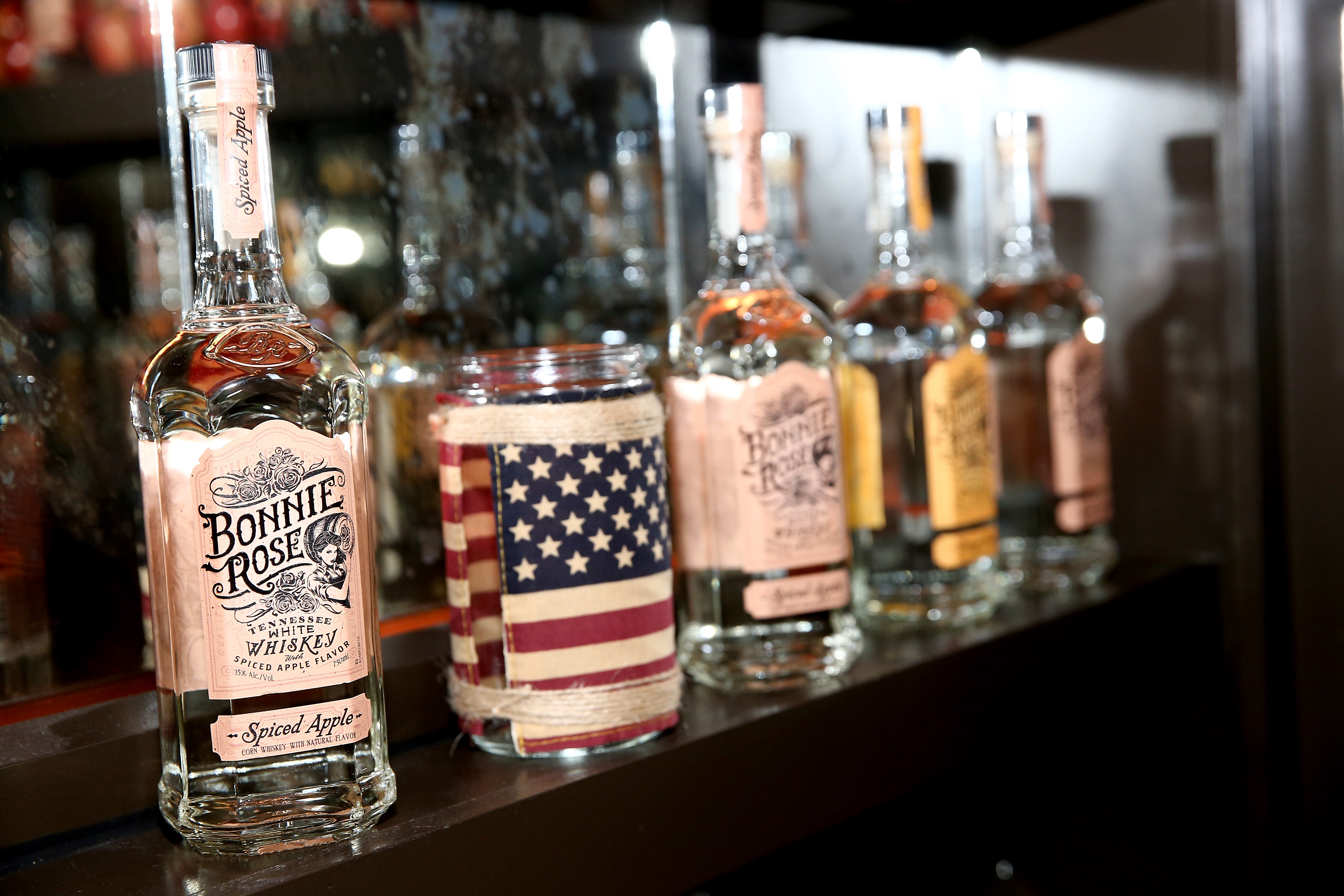
Yes, the alcohol content of the dish does matter. The higher the alcohol content, the longer it will take for the alcohol to evaporate. For example, a dish that contains wine with a 13% alcohol content will take longer to evaporate than a dish that contains beer with a 5% alcohol content.
Does Cooking Method Affect Alcohol Evaporation?

Yes, the cooking method can affect how much alcohol evaporates during cooking. For example, dishes that are baked or roasted will retain more alcohol than dishes that are simmered or boiled. This is because the alcohol is trapped in the dish and has less opportunity to evaporate into the air.
Does Adding Water Help Alcohol Evaporation?

Adding water to a dish can help to increase the rate of alcohol evaporation. This is because the water will absorb some of the heat and help to create steam, which will carry the alcohol out of the dish. However, adding too much water can dilute the flavors of the dish.
Does Alcohol Add Flavor to a Dish?

Yes, alcohol can add flavor to a dish. This is because alcohol is a solvent and can help to extract flavors from other ingredients in the dish. Additionally, alcohol can add its own unique flavor profile to the dish, depending on the type of alcohol used.
Does Alcohol Affect the Nutritional Value of a Dish?

The amount of alcohol that remains in a dish will not significantly affect the nutritional value of the dish. However, it's important to note that alcohol does contain calories, so dishes that contain a significant amount of alcohol may be higher in calories.
Why Do Some Recipes Call for Alcohol?

Some recipes call for alcohol because it can enhance the flavor of the dish. Additionally, alcohol can be used to tenderize meat, as it can break down proteins and connective tissue. Finally, alcohol can be used as a preservative, as it can help to kill bacteria and prevent spoilage.
Should You Cook with Alcohol?

Whether or not you should cook with alcohol depends on personal preference and dietary restrictions. However, it's important to note that not all alcohol will boil off during cooking, so dishes that contain alcohol should be consumed in moderation.
What Are Some Alcohol Substitutes?

If you choose not to cook with alcohol, there are several substitutes that can be used to enhance the flavor of a dish. Some common substitutes include apple juice, chicken or beef broth, and vinegar. These substitutes can be used in equal amounts as the alcohol called for in the recipe.
Conclusion
So, does alcohol boil off during cooking? The answer is yes, but not all of it will evaporate. The amount of alcohol that remains in the dish depends on several factors, including the cooking time, temperature, and the amount of alcohol in the dish. Whether or not you choose to cook with alcohol is a personal choice, but it's important to keep in mind that dishes that contain alcohol should be consumed in moderation.